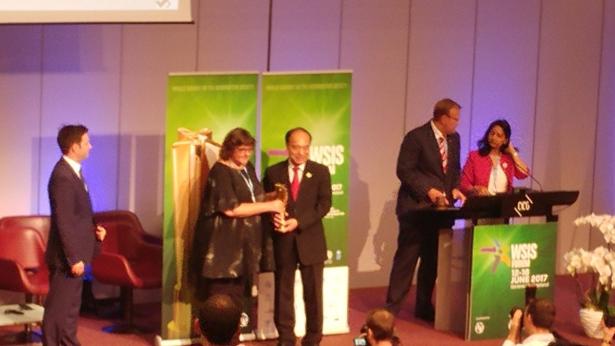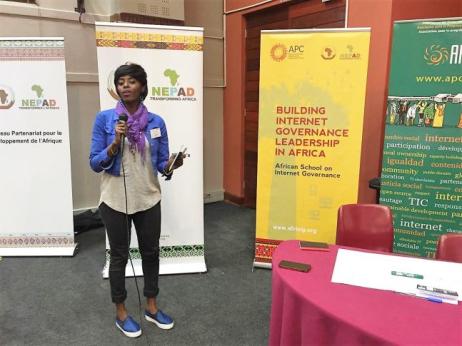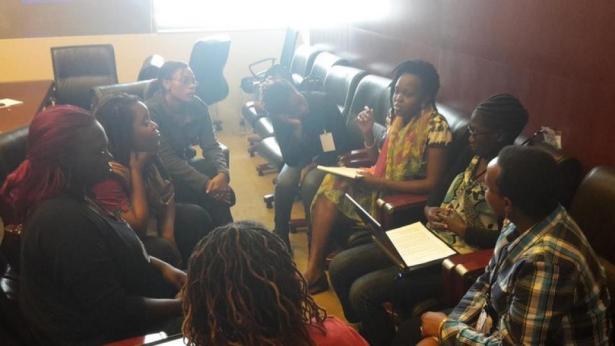The Association for Progressive Communications (APC) is pleased to announce the call for applications for the fifth African School on Internet Governance (AfriSIG).
The 2017 School will be held in Sharm El-Sheikh, Egypt from 28 November to 2 December, to coincide with the African Internet Governance Forum (AfIGF) which will also take place in Sharm El-Sheikh, from 4 to 6 December 2017.
The first AfriSIG was held in July 2013 in Durban, South Africa, joining a growing global community of practice for the strengthening and… Read more





